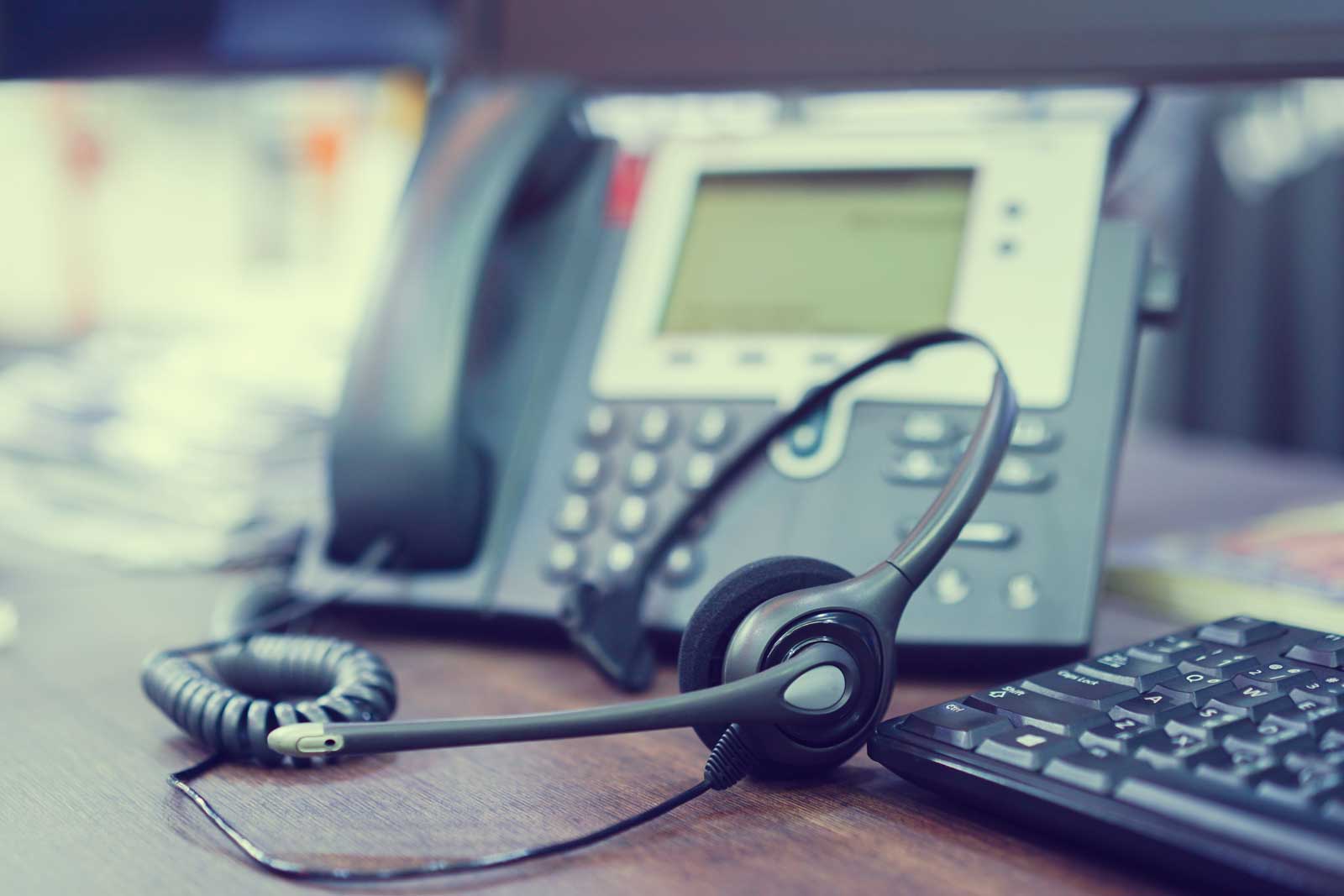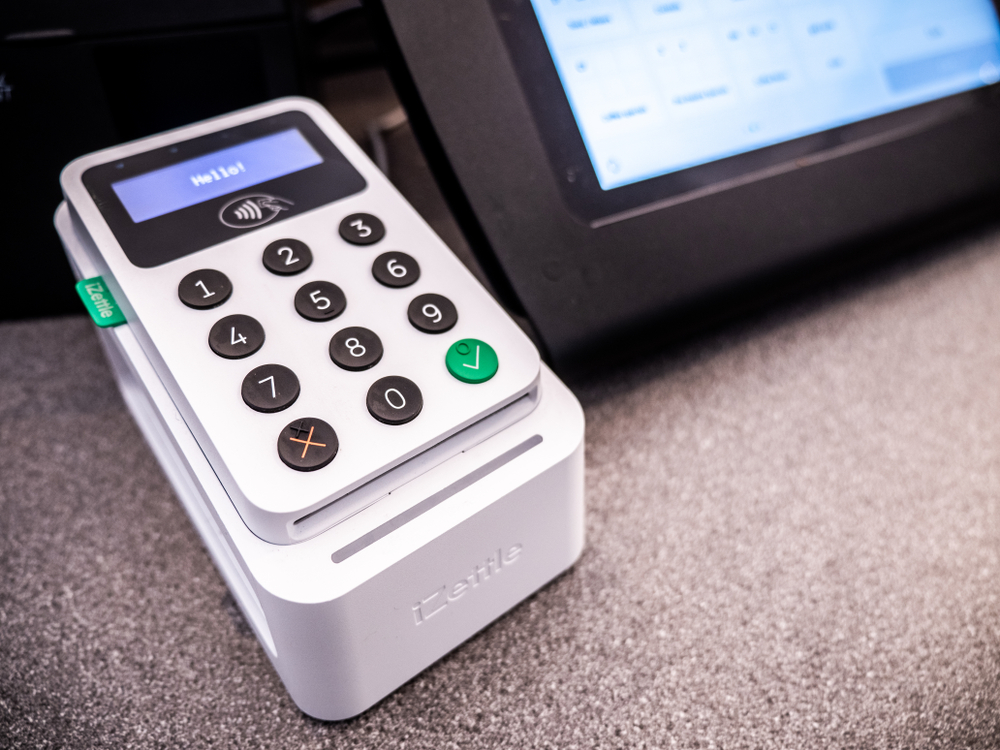How Much Do Business Telephone Systems Cost?
Business telephone systems have evolved massively in recent years. If you are thinking about getting a new business telephone system installed, you will need to consider which type of system you think will suit your company best. This decision will naturally be based on costs, but also on the nature of your company’s telephone system needs and the extent to which this is likely to change in the future.
The simplest distinction between business telephone systems is that some of them are analogue, whereas others rely on the internet to connect receivers, as opposed to telephone lines. Each type has multiple varieties and comes with its own advantages and disadvantages.
As well as the initial fee for the hardware and the installation costs, it is also important to remember the ongoing running costs and call charges, as these can make a huge difference to the amount of money your company ends up spending on business telephone systems. Here at Business Quotes, we have put together this guide to the different types of telephone systems for businesses, with further information on typical costs and charges.
Analogue Business Telephone Systems
There are three main types of analogue business telephone systems: PBX (private branch exchange), KSU (key system units) and KSU-Less.
PBX is the largest system, and therefore the most expensive to install. It also provides the most additional features, including:
- Extension dials
- Conference call facilities
- Fax to email
- Automatic call answering and voicemail.
A very small PBX system, which has only two lines and six extensions, will likely cost around to £200 to install. However, PBX business telephone systems are typically chosen by medium to large companies, as they are able to accommodate the most lines and extensions.

Any company that has a large volume of calls and usually has multiple simultaneous calls can benefit from a larger PBX system. A 16-line and 64-extension system will typically cost in excess of £700 to install. Due to its comparative complexity, it is usually necessary for an engineer to install a PBX system. A PBX system that uses IP phones, which route calls via an Ethernet network, is likely to have lower call charges.
Key system units, sometimes known as Key phones, are suitable as small to medium business telephone systems and they usually cost less to install than PBX systems. With more functions than a single phone line, but with fewer features than a PBX system, Key phones usually cost between £100 and £200 for a business telephone system with a 16-extension facility, although it is often necessary to have an engineer complete the installation.
KSU-less is the simplest and least expensive type of analogue phone system. Using portable phones that typically cost around £30 depending on whether or not there are any additional features. No engineer is needed to complete the installation, but there is a possibility of cross-talking, which is why this system is most commonly used by companies that have fewer than ten phone lines, and don’t receive or make a large volume of calls.
Voice-over Internet Protocol
VoIP business telephone systems use the company’s internet connection, rather than traditional telephone lines, to connect calls, and as a result there are no call charges at all. The only ongoing expense is the cost of paying the internet provider. That being said, a large VoIP system – for around 12 different users – can cost upwards of £600 to install, and will need an engineer to complete the installation.
One potential drawback of a VoIP system is that the number of simultaneous calls it can handle is limited by the extent of the bandwidth. For this reason VoIP has not yet overtaken PBX as the business telephone system of choice for larger organisations. However, many small to medium companies with only a moderate requirement for simultaneous calls have made the switch to using an internet-based business telephone system.

Additional Business Telephone System Costs
As well as the telephones and wiring, there are other potential expenses associated with your company’s new business telephone system. Headsets are a useful accessory, particularly for staff members who spend a lot of time on the phone, and a single set can cost between £30 and £100.
There also many potential additions to larger systems like PBX. IP business telephone systems use a company’s ethernet network to route calls, which means lower call charges, but a single unit costs between £50 and £200, depending on its features. If you want to be able to analyse the way your staff are using the phone system and pinpoint excessive or unnecessary telephone usage, then call management software packages usually cost around £150.
Business Telephone System Prices
The best way to get the best deal on a new business telephone system for your company is to get multiple quotes based on your company’s current and future telephone needs. This way you will be able to gauge the average prices on offer and make a choice that will suit your company best.
Here at Business Quotes, we are proud to offer price comparison services across a wide range of business telephone systems. If you are looking to get a better idea of your business telephone system prices, why not fill out our online comparison form to compare quotes?
Categories: Advice, General, Telephone Systems



